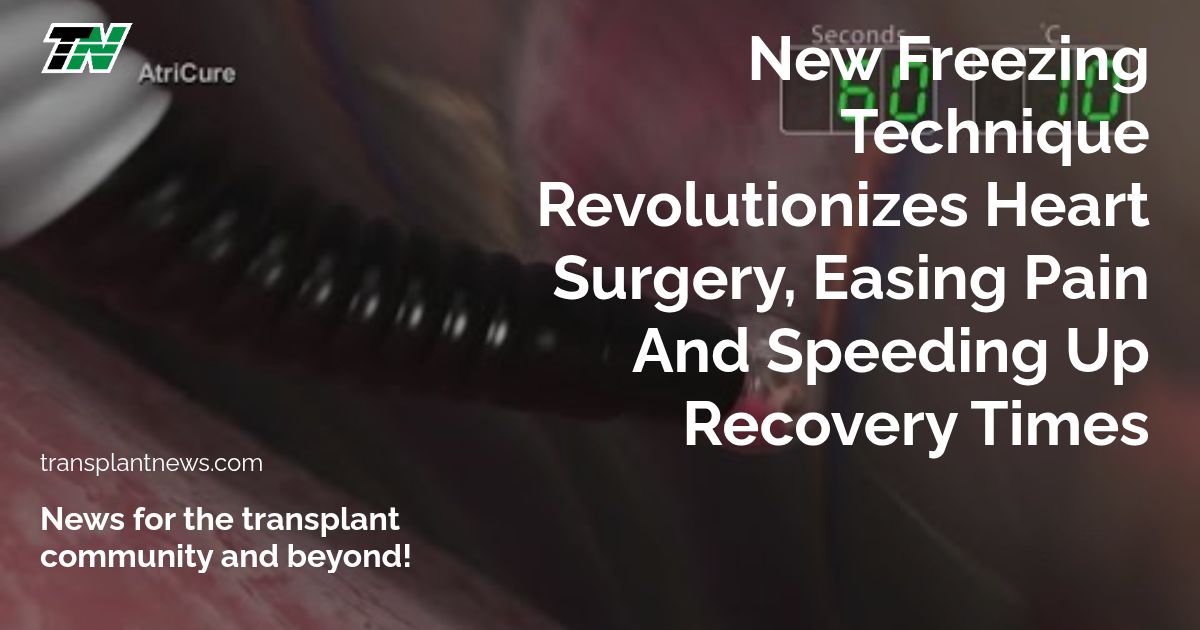USA: A groundbreaking innovation in heart surgery is revolutionizing patient care, as new techniques are drastically improving recovery times and minimizing reliance on heavy painkillers. At the forefront of this transformation is a nerve-freezing procedure that blocks painful sensations around the ribcage, providing relief to patients who undergo heart procedures.
Dr. Caparelli, a leading consultant in this field, explains that this pioneering method involves deep freezing the nerves—effectively halting pain signals for up to 60 days. Following this period, the nerves regenerate, restoring normal sensation, which allows patients to experience a smoother path to recovery. This technique, originally utilized for lung and chest wall surgeries, has gained traction in cardiac treatments since its introduction in 2021, and is being rapidly adopted by hospitals aiming to enhance patient outcomes.
The implications of this nerve-freezing method extend far beyond immediate pain relief. By reducing the need for powerful analgesics, it opens doors to a more comfortable and expedited recovery process, allowing patients to regain their strength and return to daily activities sooner. This significant advancement not only enhances the quality of care but also redefines the post-operative experience for heart patients.
As more medical institutions embrace this innovative technique, the potential for improved patient care in the context of heart surgery is becoming increasingly evident. The healthcare community stands on the brink of a new era in transplantation and recovery, where the well-being of patients takes precedence through remarkable medical advancements.

